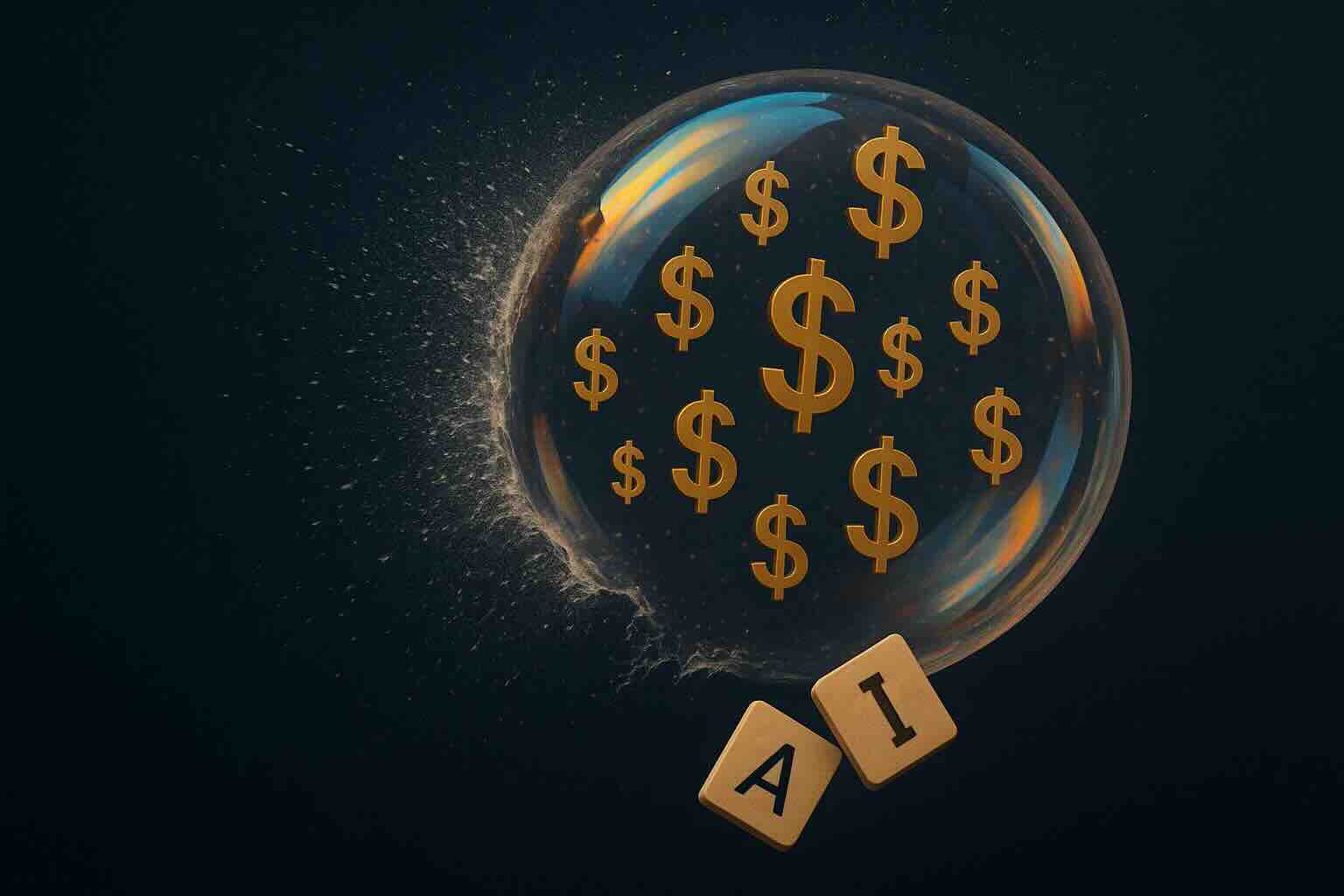
The AI Startup Bubble Is About to Burst
We’re witnessing a modern-day gold rush in artificial intelligence. Startups are popping up every week, each promising to revolutionize something — from marketing copy to healthcare, logistics, or productivity. But behind the glitter of high valuations and buzzwords, there’s a silent truth: many AI startups will vanish without a trace.
The Hype Machine
Investors are pouring billions into anything labeled “AI.” Pitch decks read the same: ‘We use AI to automate X.’ Founders are scrambling to build wrappers around existing models and call it innovation. The result? A thousand clones of ChatGPT with slightly different UIs, and a thousand dashboards promising “AI insights.”
This hype isn’t new. The same pattern played out in crypto, web3, and metaverse — rapid funding, inflated valuations, zero real utility. AI’s turn was inevitable. But the crash will be faster because the barrier to entry is low, and differentiation is almost non-existent.
The Harsh Reality
Most AI startups rely heavily on APIs from OpenAI, Anthropic, or Google. They don’t own their core technology. The margins are fragile, the product defensibility is weak, and the value proposition often vanishes when users realize they can do the same thing directly on ChatGPT or Claude.
When funding slows, these startups will struggle to justify their existence. The burn rates are high, the revenues are thin, and the retention is weak. What will remain are the few companies that built real infrastructure, real use-cases, and real efficiency.
The Lean Builders Will Survive
At Yori, we’ve always believed that technology should simplify, not complicate. We’re not chasing hype — we’re building lean systems that solve real-world problems. AI is a means, not the product. It’s a layer that enhances logistics, improves customer experience, and enables smarter operations — not a shiny feature for investor decks.
The next decade will belong to startups that integrate AI meaningfully into their ecosystem — not those that depend on it to justify their valuation. In other words, AI should power the product, not define it.
The Shakeout Is Coming
As funding tightens, users will migrate toward products that deliver tangible value. The vanity projects will fade, the clones will die, and only the lean, resilient builders will stand tall. It’s a painful correction — but a necessary one.
When the dust settles, we’ll finally see what AI was meant to be: an enabler of smarter, faster, and simpler solutions — not another bubble waiting to burst.